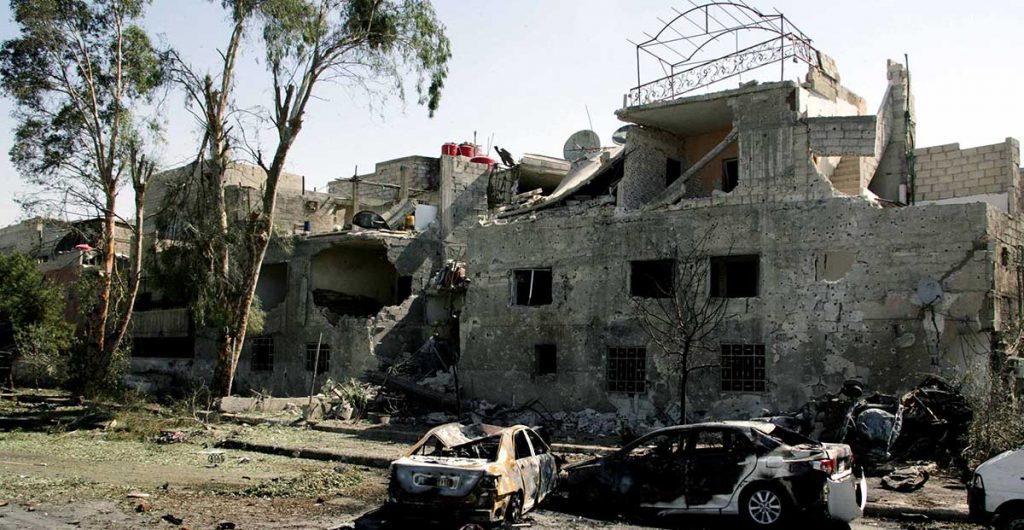An Indian suicide bomber killed a number of people in an attack at Raqqa in Syria, the Islamic State group claimed on August 21. The terror organization named the suicide bomber as Abu Yusuf al- Hindi.
The terror group claimed that a “number” of “Kurdistan Workers’ Party (PKK) apostates” were killed or injured in the suicide attack. ISIS released the statement in Arabic via its Amaq propaganda agency, PTI reported citing US-based monitoring firm SITE Intelligence Group. There was, however, no confirmation about the Indian suicide bomber from Indian agencies, the news agency added.
Specially Designated Global Terrorist
Abu Yusuf al-Hindi, 30, was a former Indian Mujahideen (IM) terrorist who later became a recruiter for ISIS in the Indian subcontinent. Also said to be known as Mohammad Shafi Armar, al-Hindi was named a ‘Specially Designated Global Terrorist’ by the United States in June this year, and became perhaps the first Indian leader of ISIS against whom America declared sanctions. The State Department of the United States had then described him as the “leader and head recruiter” in India for ISIS, saying “He has cultivated dozens of ISIS sympathizers who are involved in terrorist activities across India, such as plotting attacks, procuring weapons, and identifying locations for terrorist training camps.”
An Interpol Red Corner notice was also issued against him.
Terror Activities in India
Born in Bhatkal, Karnataka, Al-Hindi went by many aliases like ‘Chhote Maula’ and ‘Anjan Bhai’. He was thought to have left for Pakistan in 2009-10 along with his elder brother after coming under the radar of the Indian government. His brother, Muhammad Sultan Armar, was killed in an encounter near Kobane in Syria in March 2015.
Yusuf al-Hindi was reported to have got killed in a US airstrike in Syria in April this year, but the report was later refuted by many counter-terror organizations. “Some social media platforms announced his death, but as per our information, he is still communicating with prospective recruits who are under the scanner of security agencies for showing ‘jihadi’ tendencies,” the Hindustan Times had reported, citing a central counter-terror group official in May 2016.
In July last year, the National Investigation Agency (NIA) had named Yusuf al-Hindi among six suspected ISIS terrorists in a chargesheet filed before a special court over an alleged conspiracy to carry out terror activities during the Ardh Kumbh festival in Haridwar. While Akhlakur Rehman, Md Azeemushan, Md Meraj, Md Osama and Mohsin Ibrahim Sayyed were remanded to judicial custody, al-Hindi was reported to be absconding.
ISIS Recruiter
He was thought to be recruiting the youth for the Jund ul Khalifa-e-Hind — the regional arm of ISIS. He earlier headed the Ansar-ul Tawhid fil Bilad al-Hind — “Supporters of Monotheism in the land of India” — a breakaway faction of the IM, according to a Firstpost report of 2016.0
Yusuf al-Hindi first came into focus when the NIA started a probe into suspected Islamic State-inspired operatives at Ratlam in Madhya Pradesh in 2015. He was then identified as one of the recruiters who were instigating and radicalizing the Muslim youth in India, Bangladesh and Sri Lanka through the internet, social media platforms and messaging services.
